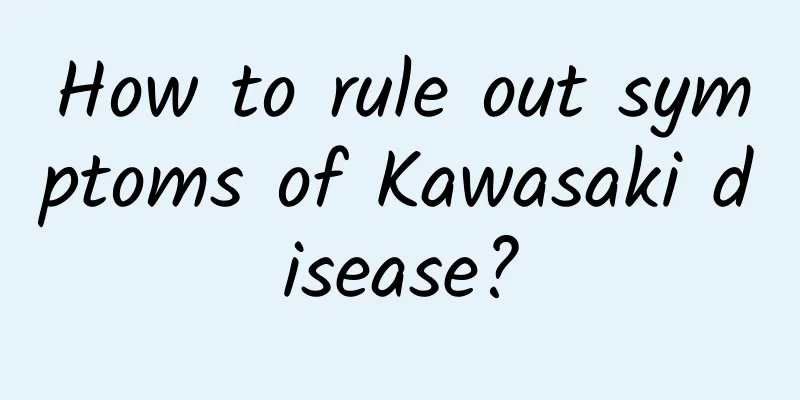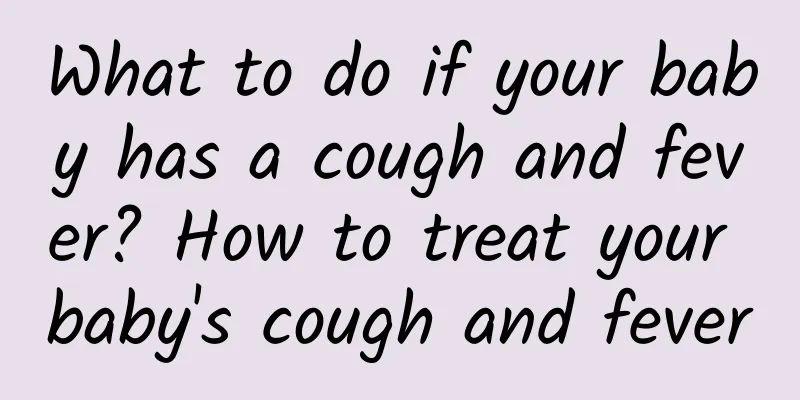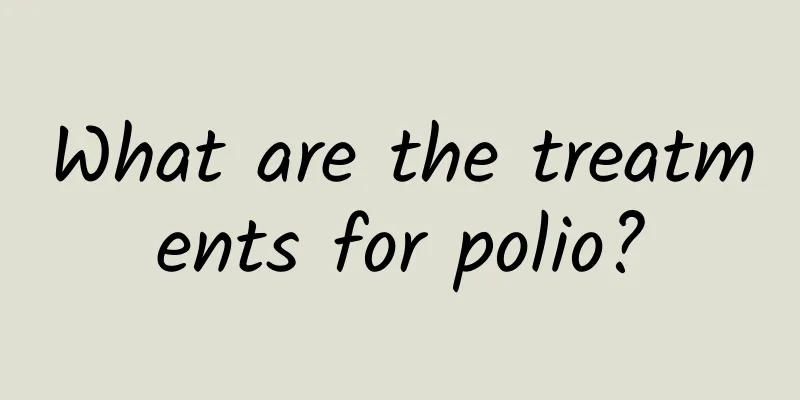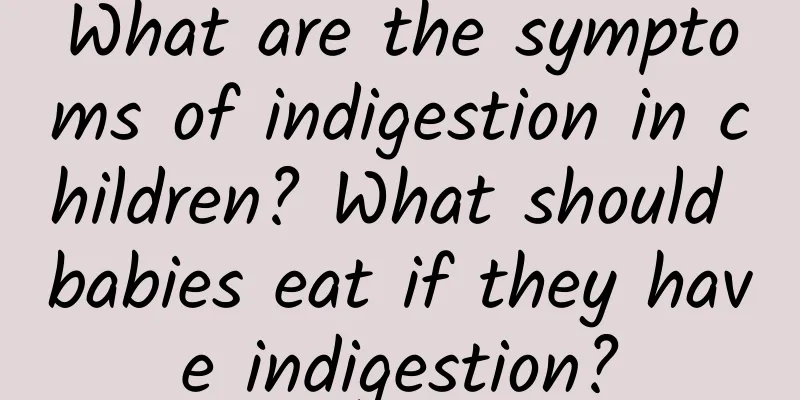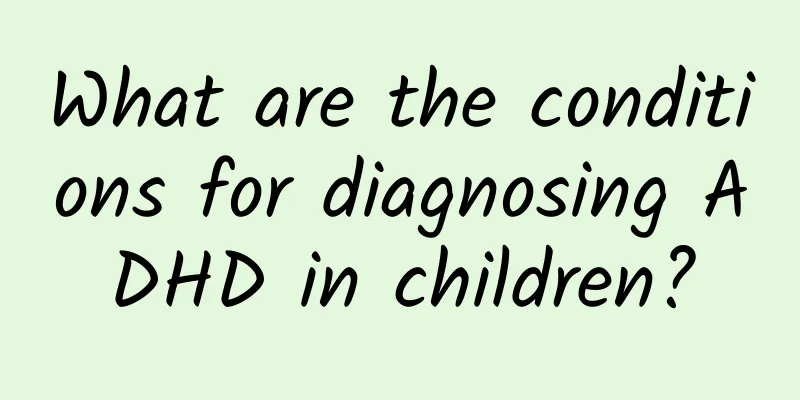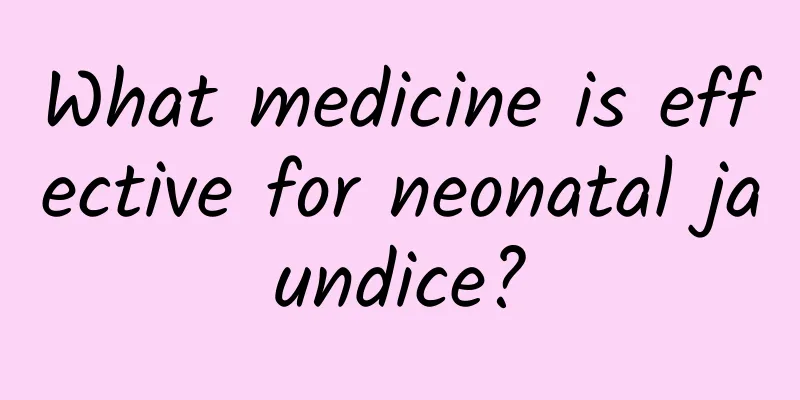What medicine is good for children with pneumonia and bronchitis?

|
The choice of medicine for pneumonia and bronchitis in children needs to be determined according to the cause. Commonly used medicines include antibiotics, expectorants and bronchodilators. Parents should follow the doctor's advice when using medicine and avoid blindly giving medicine to their children. If pneumonia bronchitis is caused by a bacterial infection, antibiotics suitable for children are usually chosen, such as penicillins (amoxicillin), cephalosporins (cefixime) or macrolides (azithromycin). If the child coughs up a lot of sputum or the sputum is thick and difficult to expel, expectorants such as ambroxol oral solution or acetylcysteine granules can be used under the guidance of a doctor to help dilute the sputum and relieve airway obstruction. If the child has obvious wheezing or difficulty breathing, additional bronchodilators such as salbutamol nebulizers may be required. These drugs can only be used after a clear diagnosis and prescription by a doctor, and the dosage needs to be adjusted according to the child's age, weight and condition. During treatment, parents need to closely observe changes in the condition, especially the child's body temperature, mental state and breathing. If the fever lasts for more than three days, the child becomes listless or the cough worsens, the child should be referred for follow-up. Ensure that the child gets enough rest and water. Warm water or a small amount of honey water (for children over 1 year old) can relieve throat irritation and promote sputum discharge. A proper diet is also important. Children can eat easily digestible, nutritious food to improve their body's immunity. If the symptoms are severe, such as persistent high fever, shortness of breath, chest pain or bluish lips, the child should be taken to the hospital emergency room immediately. Parents should not give their children adult medicines or increase the dosage of medicines on their own to avoid adverse reactions or drug allergies. |
<<: Children with diarrhea, vomiting and diarrhea
>>: Is jaundice hepatitis contagious?
Recommend
What should I do if my baby coughs badly when sleeping at night?
When babies cough badly at night, they can be fed...
Can the sequelae of polio be cured?
In life, polio is a common disease that brings se...
Patent ductus arteriosus symptoms in newborns
Patent ductus arteriosus is a congenital heart di...
What is physiological jaundice? Analysis of several causes of physiological jaundice
Physiological jaundice may be caused by factors s...
How long is the best time to expose your baby to the sun for jaundice?
Most newborns will have jaundice when they are bo...
Best treatment for ADHD
ADHD, also known as attention deficit hyperactivi...
Is polio hereditary?
Polio is not usually directly inherited, but may ...
How to treat allergic cough in children How to use medicine for allergic cough in children
Children's body systems are not fully develop...
How to treat acute laryngitis in children
The treatment of acute laryngitis in children inc...
What to do if your child has a cough
Children's cough is a problem that many paren...
What are the treatments for pediatric eczema? Is cold compress effective in treating pediatric eczema?
The occurrence of eczema is relatively common, an...
Causes of diarrhea in children
Infant diarrhea is a disease we often see. Many b...
How to cure diarrhea in children
Because children have weak resistance, they are o...
How to treat acute mumps in children
Treatments for acute mumps in children include me...
What is the correct way to treat jaundice in children?
Everyone knows that sunbathing is good for people...

